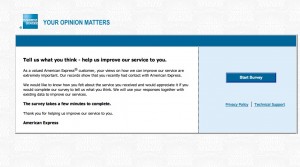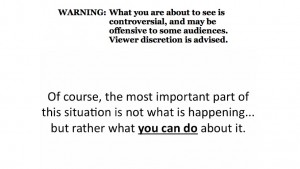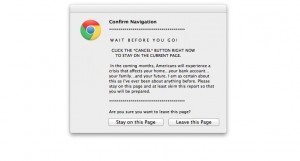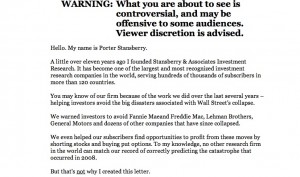This post was contributed by LOVEREADING.CO.UK
Pursuing writing as a successful means of making ends meet is not an easy task, but it can be among the most rewarding of careers once you have overcome the initial hurdles. The following five tips should help you develop your skills and make you a better writer:
1. Read widely
To become a good writer, you need to become an avid and vociferous reader; if you aren’t already! Seek out and read as wide a range of books and articles as you can. Don’t restrict yourself merely to reading the books that you instinctively like. Expose yourself to as many authors and different writing genres as possible. Some books you will love, others you will hate, but you will learn from all of them – and it will all help you develop your own unique style.
2. Live your life
The most successful writers use their words as a mirror of their experiences in everyday life, and in this sense all writing is autobiographical. Leading a full life gives you inspiration and fires the imagination, as well as giving you first- hand experience of the deep and varied richness of human emotions. Take on a variety of jobs, travel the world, try new activities, have your heart broken – and if possible, keep a journal of your thoughts, ambitions and experiences along the way.
3. Write regularly
It is a cliché that ‘practice makes perfect’, but with writing this is very close to the truth. To develop your skills as writer you need to write regularly. This is an especially important habit to cultivate, because ‘writer’s block’ is a demon that affects even the best writers. Writing regularly – about everything and nothing, even if it is only a few hundred words a day, will train you to hone your style and give you the confidence to plough through the hard times when they arrive.
4. Don’t Pigeonhole yourself
As your style develops you will find a favourite genre in which you excel. This may be through accident or by design. For instance, much of my work is marketing literature, and I have become very good at it through years of practice. However, don’t pigeonhole yourself by being afraid to stray out of your comfort zone. The hallmark of a good wordsmith is their ability to be able to write convincingly on any subject, from romantic fiction to academic reports!
5. Don’t Give Up
There is a lot of competition in the world of writing and success will not necessarily come overnight. Writing is as much a vocation and a way of life as it is a ‘job’ or a ‘career’. Follow your passion, keep believing in yourself; and never, ever give up
For young writers the biggest challenge is often to know where to start; what to write about, where to seek publication, how to stand out from the competition. The answer is to take your writing career one step at a time; to take the long term view and aim for your words to reflect an interesting an enjoyable life. Most importantly, remember that nothing you write is ever a waste of time, and that the process of reaching to your goal is as important – and can be as much fun – as the end result itself!



